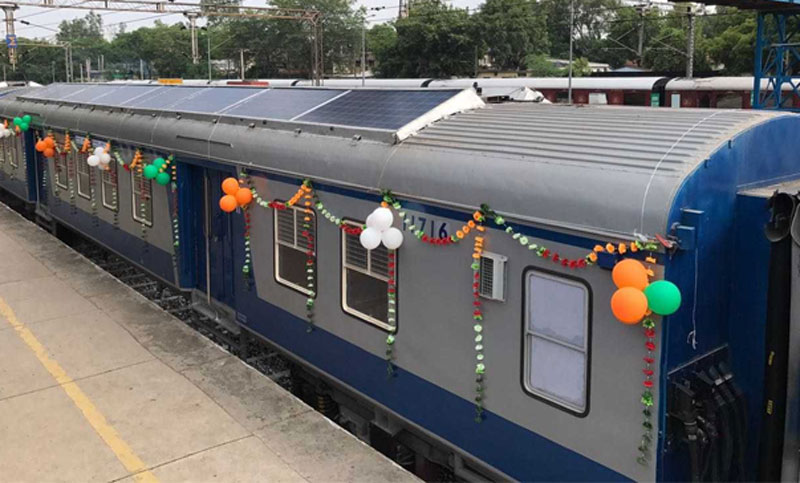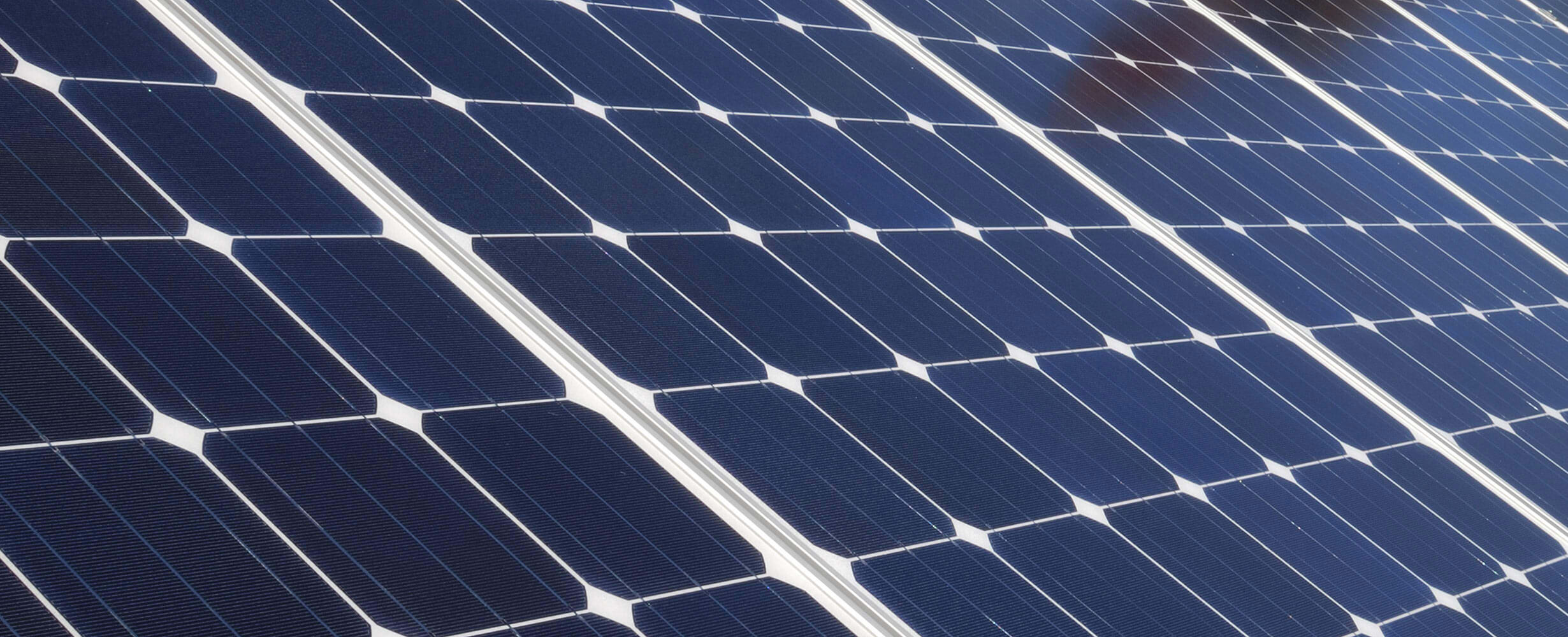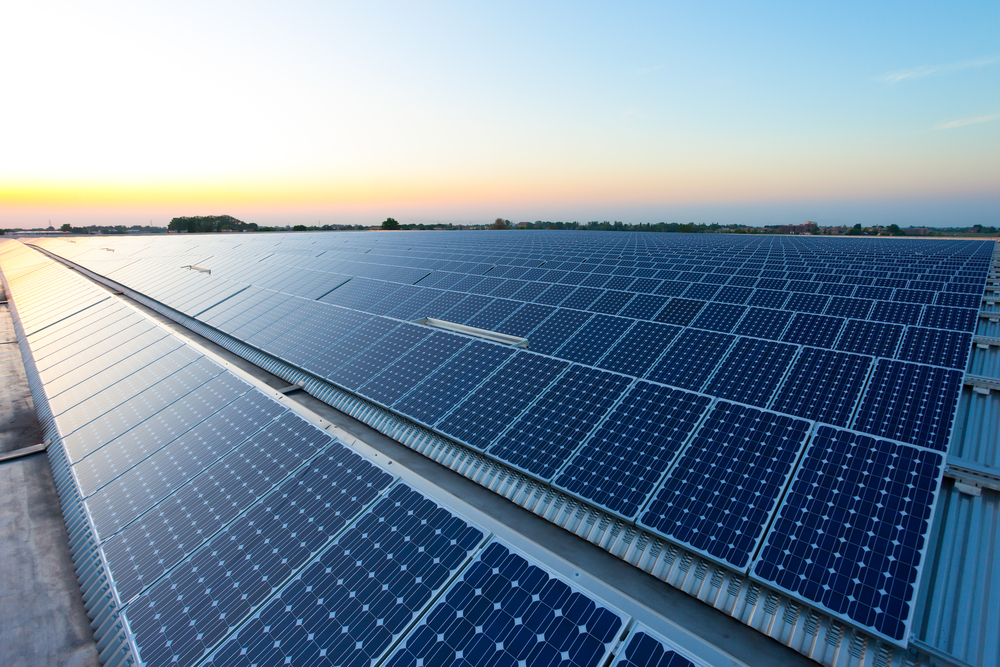The Indian government has imposed a safeguard duty of 25% on solar imports from China and Malaysia for two years. The Ministry of Finance (Department of Revenue) levied the duty based on the final recommendations proposed by the Directorate General of Trade Remedies (DGTR). While most industry players are dismayed, believing project costs could “immediately” go up by 15%, others are more optimistic.
In its report, the DGTR concluded that increased imports of solar PV cells in India have caused “serious injury” and “threaten to cause serious injury” to domestic producers. The safeguard duty of 25% on PV modules and cells will now come into force from July 30, 2018.
The notification was issued by the Ministry, despite Orissa High Court’s stay order on the safeguard duty proceedings until August 20, 2018.
According to the notification, a 25% safeguard duty has been imposed between July 30 2018 and July 29, 2019. It will gradually come down to 20% between July 30, 2019 and January 29, 2020, and 15% from January 30, 2020, to July 29, 2020.
India’s import of cells has jumped from 1,275 MW in 2014-15, to 9,790 MW in 2017-18. Imports from China and Malaysia account for nearly 90% of this total. India, meanwhile, produced just 842 MW solar cells in 2017-18.
Industry reaction
Gaurav Mathur, Director, Trina Solar India, calls the imposition of duties “highly detrimental” to the country’s ambitious solar plans. “Instead of imposing duties, the government should provide incentives to domestic and foreign companies to manufacture in India,” Mathur told pv magazine. With more than 1 GW in total shipments, the Chinese firm was the largest solar PV module supplier to India in 2017.
“It is a very regressive step. Currently, India does not have enough manufacturing capability and 25% duty will certainly lead to hike in price of solar panels and consequently, solar tariff. It will, however, lead to short-term gain for India’s top domestic manufacturers,” said Adarsh Das, Co-founder & CEO, SunSource Energy.
“A two-year horizon is too narrow a window for any company to step in and begin manufacturing locally,” he added.
“In one stroke, the Indian solar industry has been pushed back by a couple of years. The cost of solar projects will straightaway go up by 14-15%, which would not only derail the ongoing projects but will also dampen the new pipeline,” Gagan Vermani, Founder & CEO, Mysun, told pv magazine.
“We can expect an almost immediate slowdown in the solar industry and that would also have a huge impact on the large number of solar jobs in the downstream business,” added Vermani.
Vikram Solar was also critical of the move. Gyanesh Chaudhary, MD & CEO commented, “The Safeguard Duty Notification issued by The Ministry of Finance does not provide exemption to the projects which have already been auctioned out (approximately 20-25 GW ). This will completely derail the solar industry. To add on to that, the notification does not provide any relief to Solar cells and modules manufactured in SEZ and cleared to DTA. Currently, 40% of Solar Module Manufacturing Units and 60% of Solar Cells Manufacturing Units are located in SEZs.”
He continued, “In light of the SEZ issue, the notification defeats the very purpose of Safeguard Duty, which is to protect and promote domestic industry. While it may seem logical that SEZs should be exempted, considering that the whole purpose of applying Safeguard duty is to protect domestic industry against imports so why should they pay these duties, unfortunately the policy makers seem to be in dilemma.”
Waaree Energies, which has 1.5 GW of solar PV module manufacturing capacity in India, however, calls the decision “a welcome respite. “The recent developments kept the manufacturing players on the fence, but we are glad to receive the much-awaited clarity. The move will pave the way for Indian manufacturers to showcase their capabilities,” said Sunil Rathi, Director, Waaree Energies.
Global repercussions
In her latest column, solar analyst, Corinne Lin stated, “After the recommended 25% duty, China’s module costs will still be lower than India’s. As a result, whether the safeguard duty can protect Indian manufacturers or not, is not clear. However, it will negatively impact India‘s PV project develoment, such as raising the construction costs of PV power plants, or reducing the efficency of modules.”
She continued, “For 2019, China’s demand is likely to stay as low as this year, and it will have difficulties bouncing back. Therefore, the global market demand will need India’s growth, in order to once again exceed 100 GW.
“Should the safeguard recommendation become a reality, manufacturers planning to establish production lines in India will speed up their progress; also, the higher costs of PV projects will affect the Indian government’s planned installation volume.”
Read this : http://ibsolar.co.in/news_ib.pdf











Recent Comments